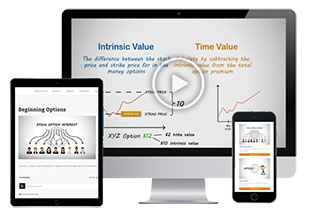The Enterprise Value (EV) to Free Cash Flow (FCF) compares company valuation with its potential to create positive cash flow statements. Here EV represents the total market value of a company’s share price times the number of shares outstanding, also referred to as market cap, plus debt, minus cash. FCF represents a firm’s net cash earned minus its capital expenditures.
That would be the opposite of the Free Cash Flow Yield, which was added to solve significant flaws. When considering the companies according to the FCF Yield, those with a small valuation and positive FCF will be at the top of the list. Though when the EV is in the negative, the stock drops to the bottom. Stocks that present a negative FCF and EV will probably feature at the top of the stock list. The EV/FCF ratio was created for this particular reason.
Free Cash Flow allows investors to gauge a company’s ability to generate cash in addition to just looking at the net income line of an income statement.
The formula for EV/FCF is illustrated below.
EV/FCF = Enterprise Value / FCF
When the enterprise’s ratio to free cash flow is low, it means the company can pay back the cost of its acquisition rather quickly. If one is comparing firms, lower multiples are higher in value as compared to higher multiples. It may also generate revenue for reinvestment in the business. The enterprise value is probably one of the accurate means of assessing the firm’s value considering it would include the debt and value of the preferred shares and minority interest. Though, it is minus the cash and cash equivalent.
The other aspect when it comes to EV/FCF ratio is the value of the complete firm is taken, wherein P/E ratio, only the market price of equity is considered. It is also determined that EV/FCF is preferred when the company has a high depreciation account. The net profit decreases because of the non-cash item. That multiple has advantages for company valuation despite the capital structure.
Fast Track Your Options Education
Do you see a discrepancy within the market? There is always an option strategy for every investing situation. Put your options education on the fast track for success by learning which options strategies apply to each trading set up. See how the professionals combine technical indicators, fundamental research, and ratios so that they can more accurately predict the market—then applying the appropriate option strategy to achieve high levels of alpha. For traders ready to take their trading to the next level, sign up for our free options trading course today.


